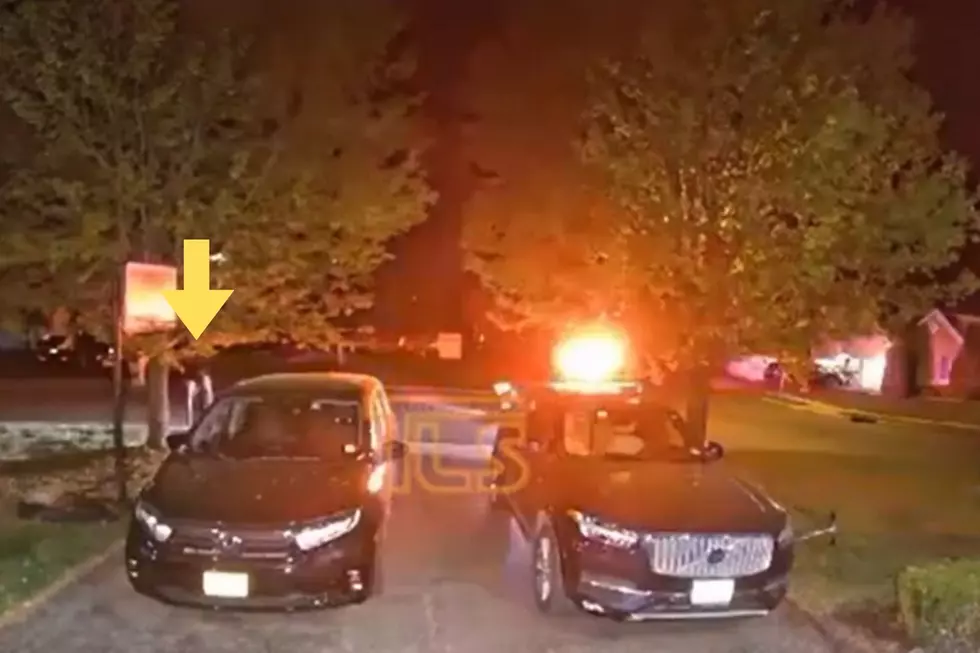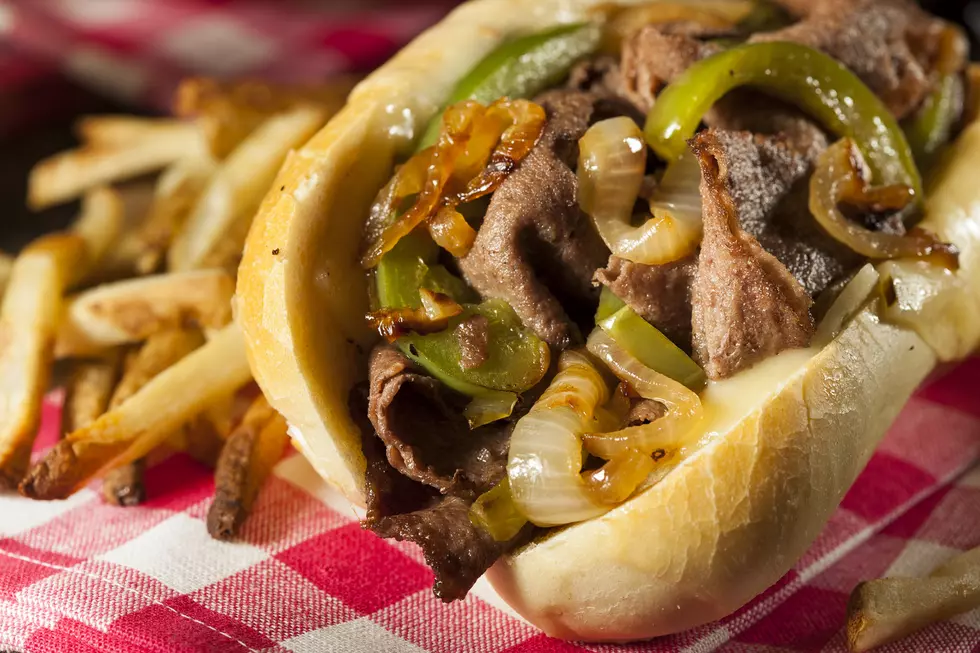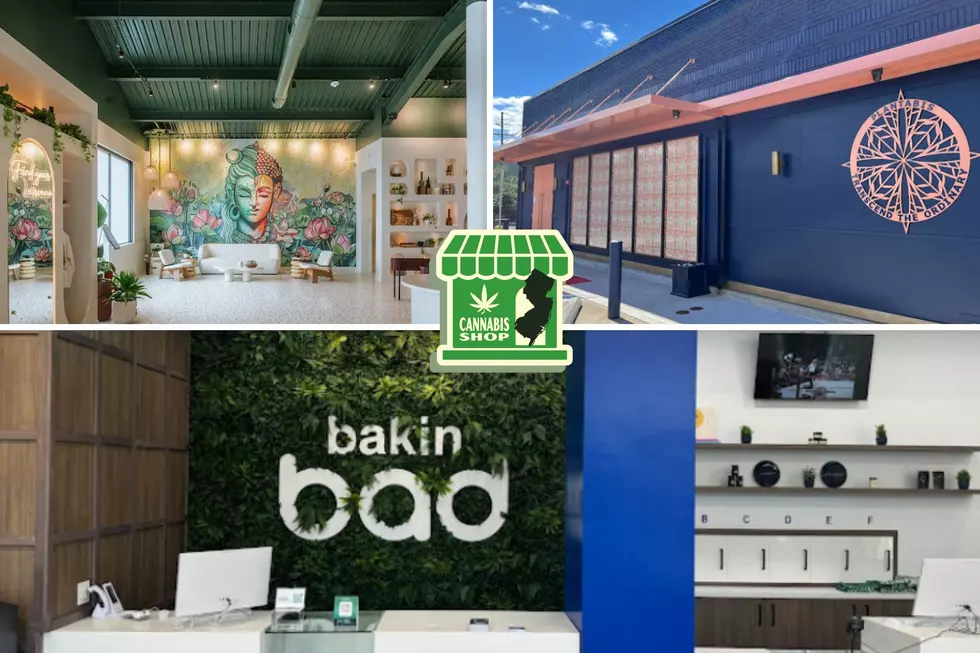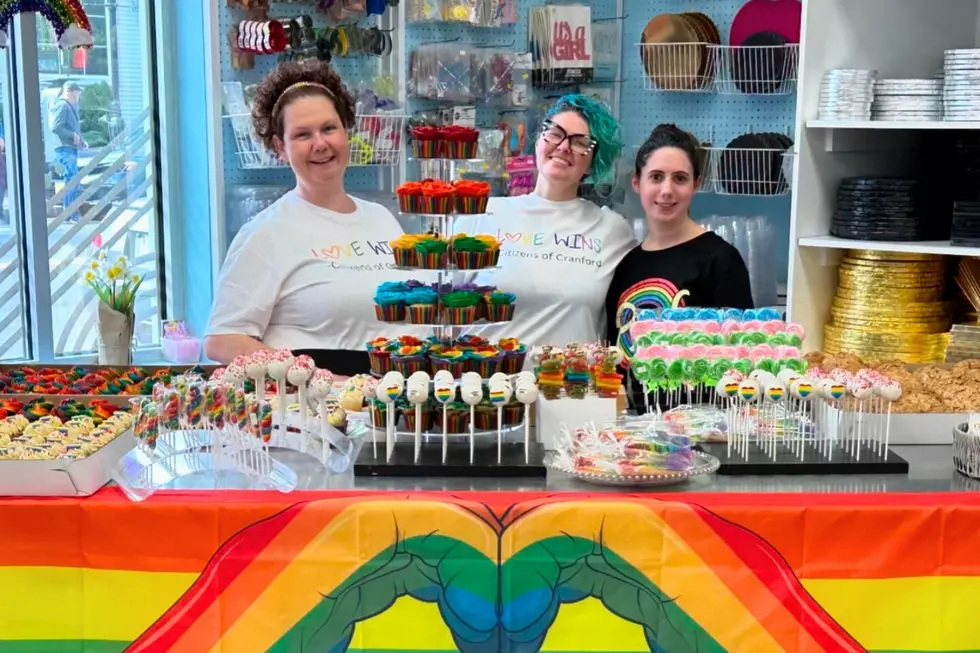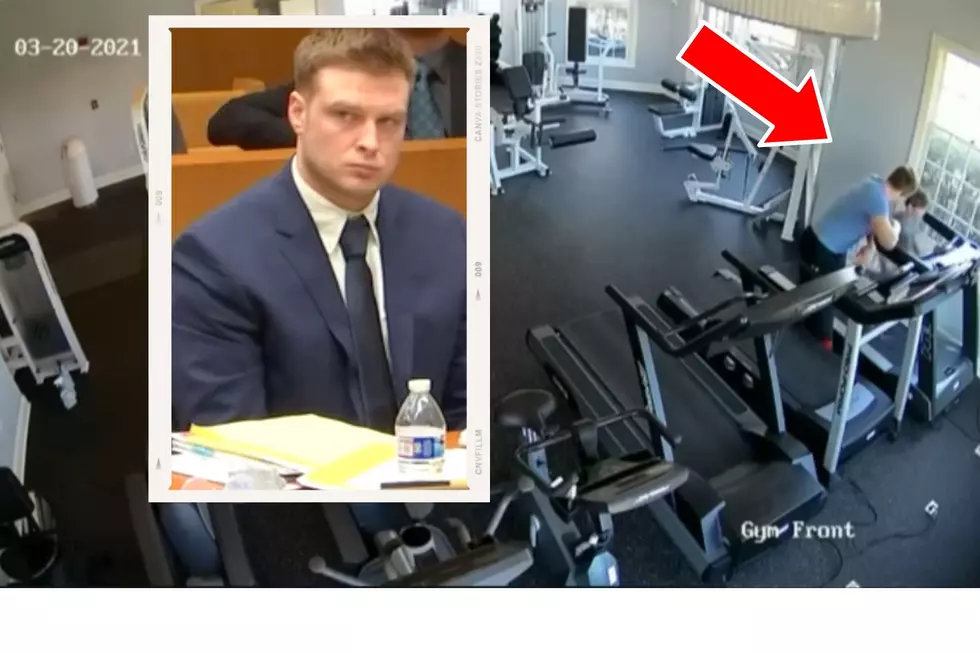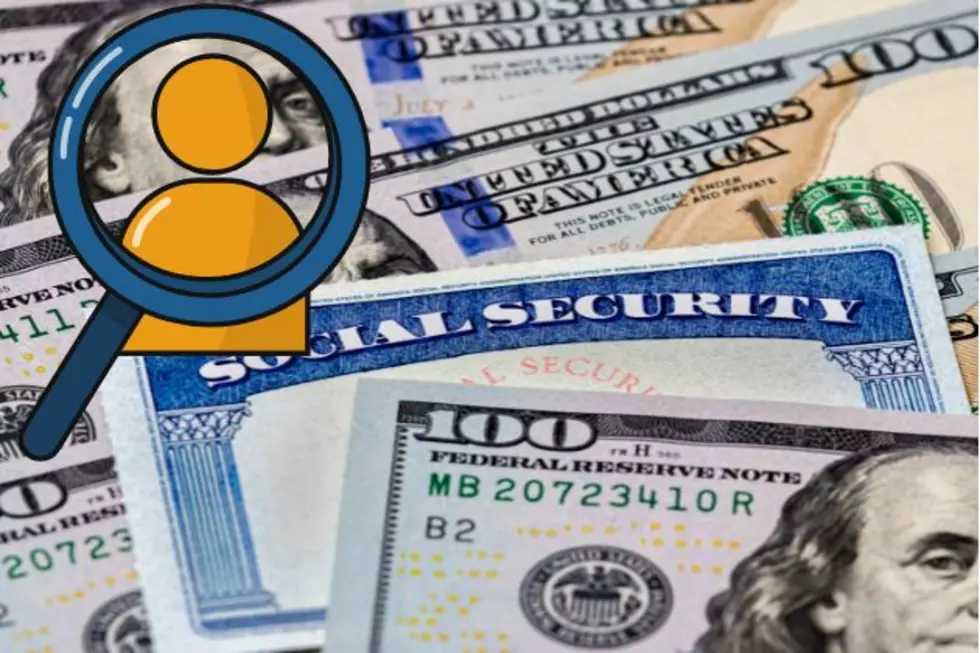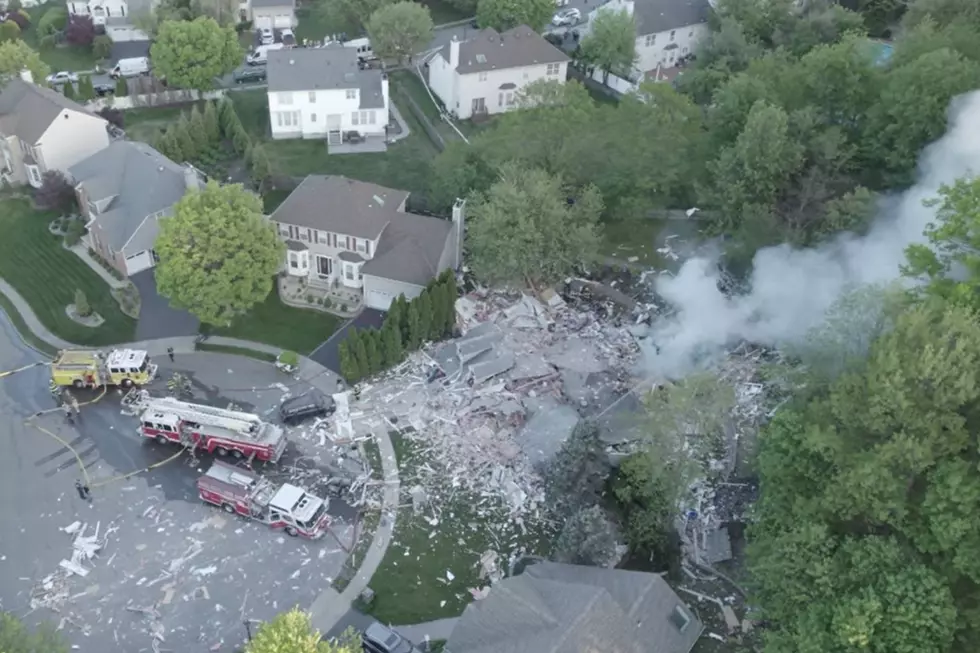
2016 candidates seek to boost turnout in Iowa caucuses
Emily Isaac used her college graduation gift money to fly from California to Iowa to help Vermont Sen. Bernie Sanders win the Iowa caucuses and, ultimately, go on to grab the Democratic nominee for president.
With tables loaded with bottles of soda and take out burritos, and "Feel the Bern" signs everywhere in sight, volunteers gathered at Sanders' Des Moines headquarters Saturday to make phone calls and knock on doors before the leadoff Iowa caucuses.
"I know how important Iowa is. It's so important that Bernie win Iowa," said Isaac, 21, who was joined by her mother and brother. "I wanted to do whatever I could."
For all the hype surrounding the Feb. 1 caucuses, only a fraction of Iowa's registered voters participate. So over the final weekend, campaigns on both sides of the aisle were focused on turning out voters.
The last major preference poll before the caucuses showed a tight Democratic race. The Iowa Poll, published by The Des Moines Register and Bloomberg, found former Secretary of State Hillary Clinton with 45 percent support to Sanders' 42 percent. The poll also showed that businessman Donald Trump had the support of 28 percent of likely Republican caucus-goers, with Texas Sen. Ted Cruz at 23 percent and Florida Sen. Marco Rubio at 15 percent. The poll was taken Tuesday to Friday and has a margin of error of plus or minus 4 percentage points.
But one question the polls or the crowds or the pundits can't fully answer is just how many people will show up Monday? And what will the numbers mean? Here are some factors to consider:
HISTORY
It's true that that relatively small numbers typically come out for the caucuses.
Republicans turned out roughly 120,000 people to the caucuses in 2008 and 2012. Democrats had just over 124,000 in 2004, but in 2008 the efforts of President Barack Obama — as well the rest of a competitive field — helped nearly doubled that number, with nearly 240,000 showing up. (The most recent Democratic caucus was not competitive, because Obama was running as an incumbent.)
PREDICTIONS
Most Republicans expect a higher turnout in 2016 than the last two caucuses, while Democrats largely think they'll beat their 2004 number, but not hit the 2008 high.
Iowa Gov. Terry Branstad said he thought Republican turnout could be as much as 150,000. Iowa Attorney General Tom Miller, a Democrat, said he thought Democrats would exceed 2004, but doubted it would be "dramatically higher."
The higher the turnout, the better the outcomes could be for businessman Donald Trump on the Republican side and Vermont Sen. Bernie Sanders on the Democratic side. Both are seeking to get nontraditional participants out.
"The higher the turnout, the more likely it is that Donald Trump has a huge caucus night," Matt Strawn, former executive director of the Iowa Republican Party.
And Pete D'Alessandro, who directs Sanders' Iowa operation, said that "when Sen. Sanders talks about how a high turnout is better, he is exactly right about that."
POLITICKING
All the campaigns are pushing to get voters out. A spokeswoman for Secretary of State Hillary Clinton's campaign said they had 2,000 volunteer shifts filled on Saturday alone. Brad Anderson, a Des Moines political consultant who has backed Clinton, offered his home as a base for volunteers.
"I think clearly, we're checking all the boxes and doing everything," Anderson said.
Cruz has been rushing to visit all of the state's 99 counties and has brought in hundreds of out of state volunteers to stay at former college dorms he has dubbed "Camp Cruz." The organization for Trump has been tougher to asses, but Trump himself has been urging his packed houses to come out.
Speaking to a Dubuque crowd Saturday, Trump encouraged the group to attend even if a storm arrives early, saying: "You're from Iowa. Are you afraid of snow?"
WEATHER
The outlook appears fine for getting people to the caucus — though a major winter storm is expected soon after people cast their votes.
Kurt Kotenberg, a meteorologist for the National Weather Service, based in Johnston, Iowa, said Saturday that snow will start falling in the state late Monday night close to midnight. He said they expect most snow to fall during the day Tuesday.
The timing of the storm could complicate Tuesday travel for any candidates left in the state.
(Copyright 2016 The Associated Press. All rights reserved. This material may not be published, broadcast, rewritten or redistributed)
More From New Jersey 101.5 FM

